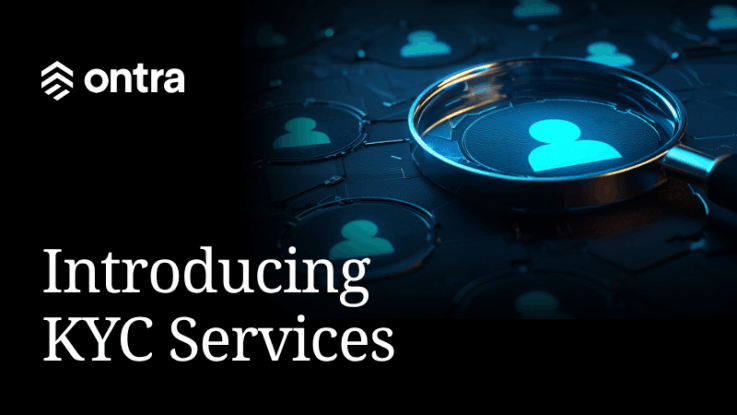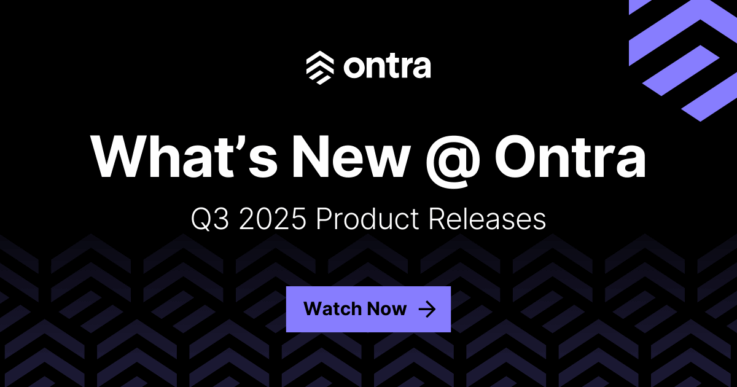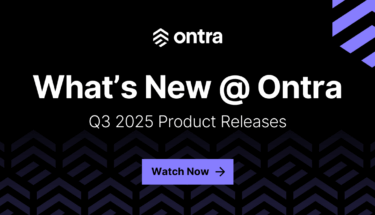For private fund managers, global operations include a repetitive and unpredictable operational burden: fulfilling inbound Know Your Customer (KYC) requests.
Because regulated counterparties — including banks, fund administrators, and lenders — must perform due diligence on the fund manager, the fund repeatedly produces its core documentation, often in slightly different formats. Completing third-party KYC requests consumes significant staff hours, diverting highly skilled legal and compliance teams away from strategic priorities to handle routine administrative tasks. The repetitive nature of these requests, combined with fluctuating, time-sensitive transaction deadlines, strains resources and delays mission-critical clearance.
Instead of draining resources to manage persistent inbound KYC requests, private fund managers can adopt KYC outsourcing services. Firms can maintain control of their KYC profile, ensure consistent, high-quality responses, reduce time to clearance, and manage their budget with more predictability with a service partner.
Read on to learn more about the costs of maintaining reverse KYC processes in-house versus the benefits of leveraging a fully outsourced KYC service.
Know Your Customer requirements for private fund managers
Know Your Client requirements, typically called KYC, are an important step for investment and financial organizations, designed to ensure they verify their clients’ identities and financial profiles. These regulatory requirements from FINRA and FinCEN play an essential role in preventing criminal organizations from storing, moving, and earning money in the U.S.
KYC involves:
- Customer Identification Program (CIP)
- Customer Due Diligence (CDD)
- Enhanced Due Diligence (EDD) for high-risk accounts
Fund managers have to provide their KYC profile, including long questionnaires, structure charts, organizational documents, AML letters, certifications, and more to third parties when managing mutli-entity structures, credit facilities, and working with third-party vendors.
Problems with inbound KYC
Exclusively relying on internal teams to manage KYC is no longer a competitive advantage, particularly given the unpredictability of deal flow. KYC requests burden teams with repeat tasks, take resources away from strategic work, and increase ad hoc spend on external counsel.
The current system for responding to KYC requests is riddled with inefficiencies:
Manual processes
Many firms still rely on manual spreadsheets, PDFs shared via email, and handwritten signatures. This workflow is prone to human error, lacks essential version control, and severely hinders process reliability, exposing the fund to silent reputational and regulatory risks.
Burdensome workload
Fund managers’ existing inbound KYC processes have slow response times and burden legal and compliance teams with repetitive tasks. Manually chasing documents and answering lengthy questionnaires can consume a person’s time, diverting highly skilled personnel away from strategic work.
Time-to-clearance delays
In the high-stakes environment of capital deployment, inefficient KYC practices create significant opportunity costs. Poor capacity planning for KYC could stall funding, create friction with third-party vendors, or signal operational challenges. Fund managers who can accelerate clearance and optimize efficiency are able to free up resources to tackle more strategic priorities for the firm.
Lack of standardization
Counterparty requests inherently lack standardization, forcing funds to manage inconsistent documentation requests, differing standards, and often asking for information the fund is unwilling to share. Standardizing how and when to decline non-standard requests for information and further clarifying requests before responding helps fund managers protect their interests and save time in coordinating with counterparties. Failing to take these steps can result in the submission of unnecessary information that prompts further scrutiny and prolongs clearance.
KYC outsourcing services ease the burden
KYC outsourcing is a strategic compliance service designed to drive efficiency, quality, and consistency.
An outsourced KYC model ensures that the fund manager can:
- Control costs with predictable pricing: Firms can avoid the opportunity cost of having internal teams work on low-value tasks and the expense of pulling in external counsel with a predictable service fee. Outsourcing allows the fund to manage its budget transparently, offering a cost-effective delivery model compared to internal operations.
- Ensure response quality and consistency: Partnering with a specialized provider grants immediate access to a dedicated team of experienced KYC analysts who act as an extension of the fund’s team and are equipped to handle complex requests. Response quality and consistency are maximized by operating from custom playbooks — tailored guidelines for data sharing and instruction on preparing commonly requested documents.
- Accelerate clearance and transaction speed: By centralizing relevant documents, aligning on a playbook, and utilizing a dedicated team of KYC professionals, funds can dramatically accelerate clearance times for mission-critical transactions. The ability to scale capacity flexibly to meet unpredictable KYC volumes — especially during busy periods like quarter-end or high-deal flow — prevents internal bottlenecks and ensures timely compliance.
KYC services offer control and efficiency
The traditional, reactive model for handling inbound KYC requests is obsolete. It can often be an unsustainable drain on internal teams and a threat to both operational stability and regulatory compliance.
KYC outsourcing services offer private fund managers the ability to refine their KYC profile and provide it in a consistent way to third parties. By adopting an outsourced KYC model, firms can:
- Simplify operations by eliminating repetitive, manual tasks.
- Standardize responses to ensure consistency and compliance quality.
- Accelerate clearance to drive deal velocity and LP satisfaction.
The strategic investment in a proactive reverse KYC framework can transform compliance from a drain on resources into a competitive differentiator, delivering efficiency and strengthening trust with counterparties.
Is your firm ready to accelerate clearance, boost productivity, and transition from reactive chaos to standardized, efficient, and secure compliance control? Get started now.







